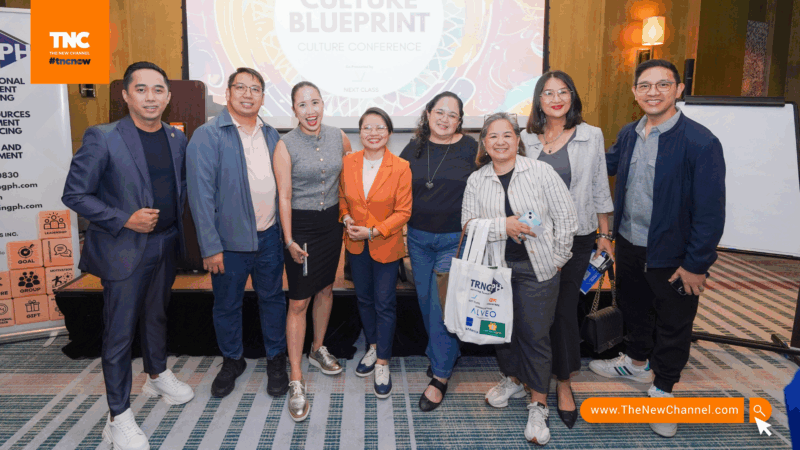Hilton Manila, August 27, 2025 — Business leaders, HR professionals, and executives gathered for the much-awaited Culture Blueprint: Culture Conference, a premier event designed to show how communication, alignment, and leadership storytelling can transform culture into a true competitive edge.
The day was filled with insights from thought leaders who each brought practical wisdom and real-world experience on shaping workplace culture in the Philippine context.
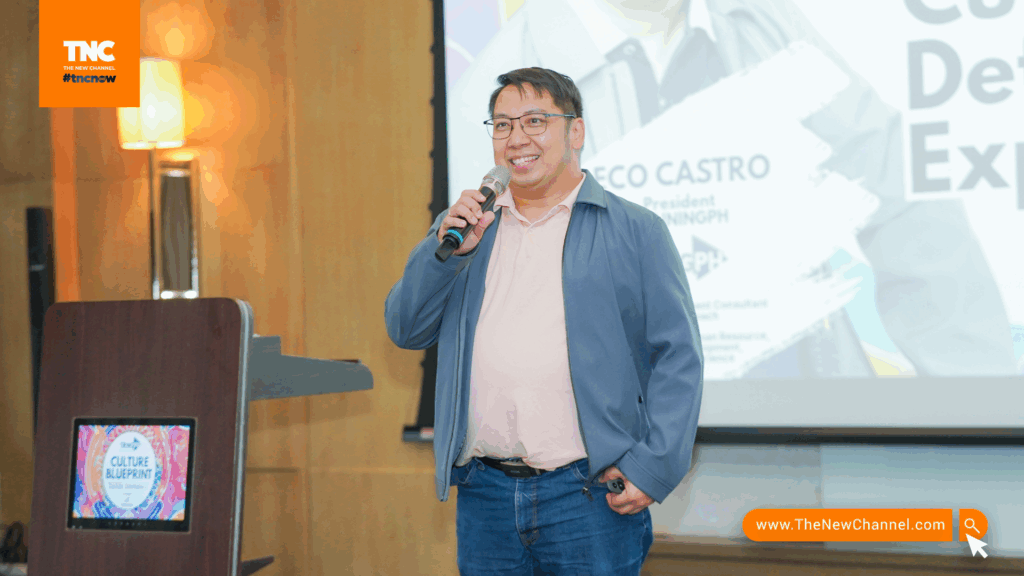
Eco Castro: Architecting a Culture Blueprint That Lasts
Eco Castro, President of TrainingPH and author of Building #BetterTeams, set the tone by reminding participants that culture isn’t inherited — it’s designed. Drawing from his years of organizational development consulting, he highlighted how Filipino companies often default to legacy traditions, whether from family-owned businesses or multinational parent firms. His key message: leaders need to intentionally architect blueprints that reflect both global competitiveness and local authenticity.
“Culture should be designed with clarity,” he stressed, “otherwise silos, confusion, and disengagement will always creep in.”
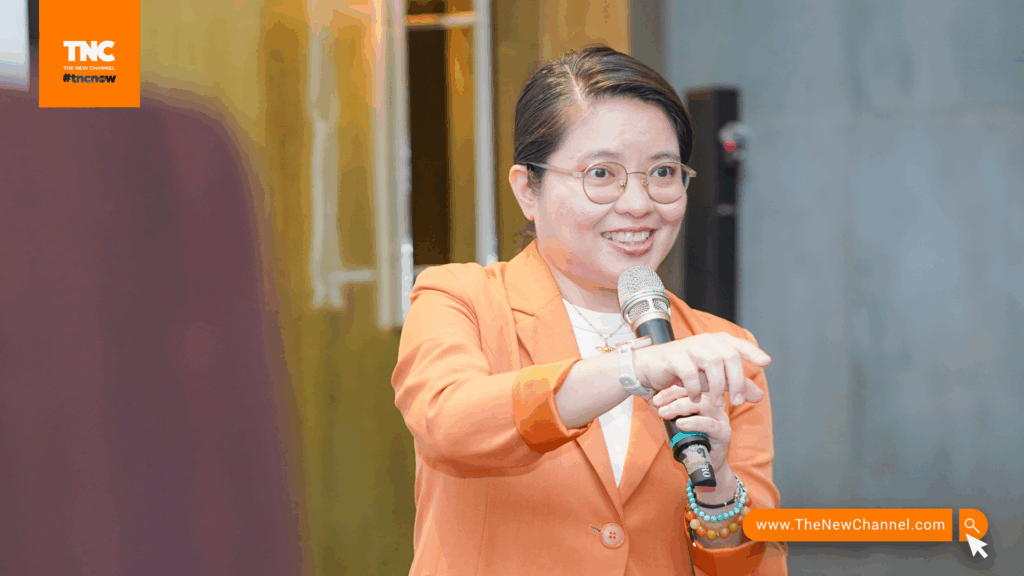
Candy Granados: The Power of Conversations and Storytelling
Chief Learning Officer of Next Class and communication coach Candy Granados turned the spotlight on communication as the lifeblood of culture. She tackled one of the most common issues in Filipino workplaces — the assumption that silence means alignment.
Candy emphasized the need for leaders to replace one-way communication with genuine conversations, where employees feel safe to ask, challenge, and clarify. She also underlined storytelling as a bridge between executive vision and day-to-day struggles, making strategies feel real and relatable.
“In a time when misinformation spreads faster than truth online, organizations must ensure their internal communications are the most trusted voice employees listen to,” she said.
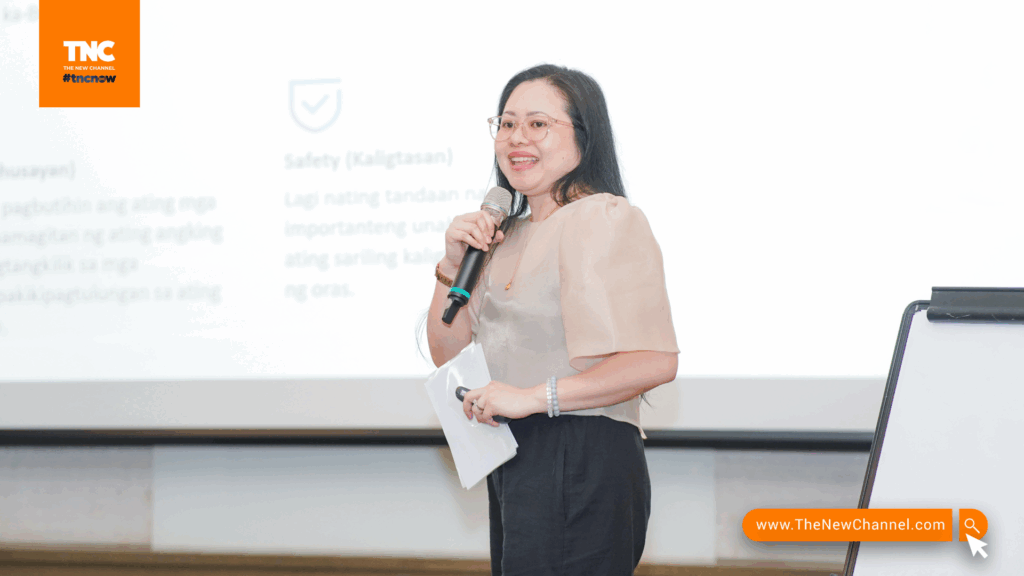
Marita Evaristo: Reshaping Values and Traditions for the Future
For Marita Evaristo, Country HR Manager of Brenntag, culture work means more than slogans on the wall. Her session focused on reshaping values and traditions as winning strategies.
She pointed out how deeply rooted Filipino concepts like pakikisama (harmony) and hiya (saving face) can be both strengths and challenges in the workplace. Harnessed well, they promote cooperation and respect. But when left unchecked, they can prevent accountability and innovation.
Her takeaway was simple but powerful: companies must evolve values that honor Filipino identity while pushing for excellence and transparency.
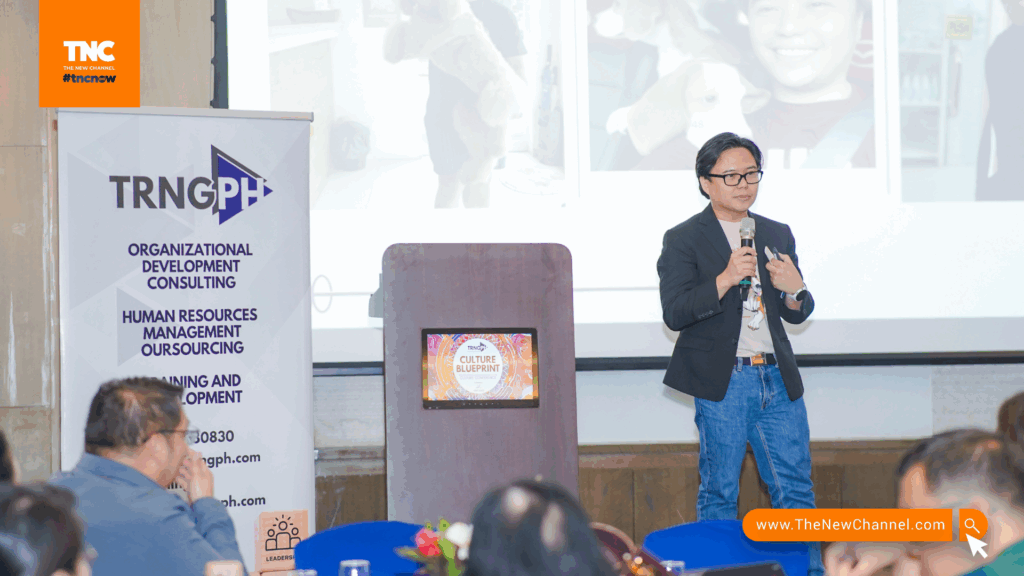
JG Garcia: Filipino DNA as a Catalyst for Continuous Improvement
Closing the lineup, JG Garcia, Vice President and Head of Business Quality Management at PJ Lhullier, reframed Filipino resilience not just as survival, but as a platform for growth.
He emphasized that adaptability, optimism, and bayanihan (community spirit) — long seen as Filipino traits — can serve as powerful drivers of continuous improvement and quality management.
JG reminded participants that resilience must not mean constant sacrifice. Instead, leaders must design systems that allow these strengths to benefit both employees and business results, especially in challenging times like inflation and rising costs of living.
Key Takeaway: Culture by Design, Not by Default
The Culture Blueprint Conference proved one point clear: communication, values, and cultural DNA are not “soft” topics but hard drivers of performance, retention, and agility.
From designing blueprints (Eco), to making communication human and authentic (Candy), to reshaping traditions strategically (Marita), and fueling improvement through Filipino strengths (JG), the event highlighted that culture is no longer an HR side project — it is business strategy in action.
As one participant remarked after the sessions: “It’s time for companies in the Philippines to stop inheriting culture and start designing it.”


